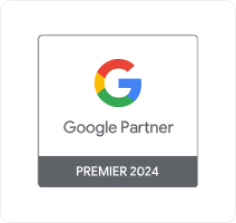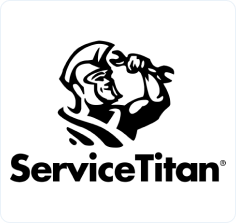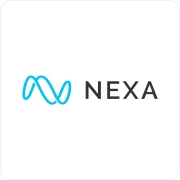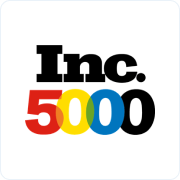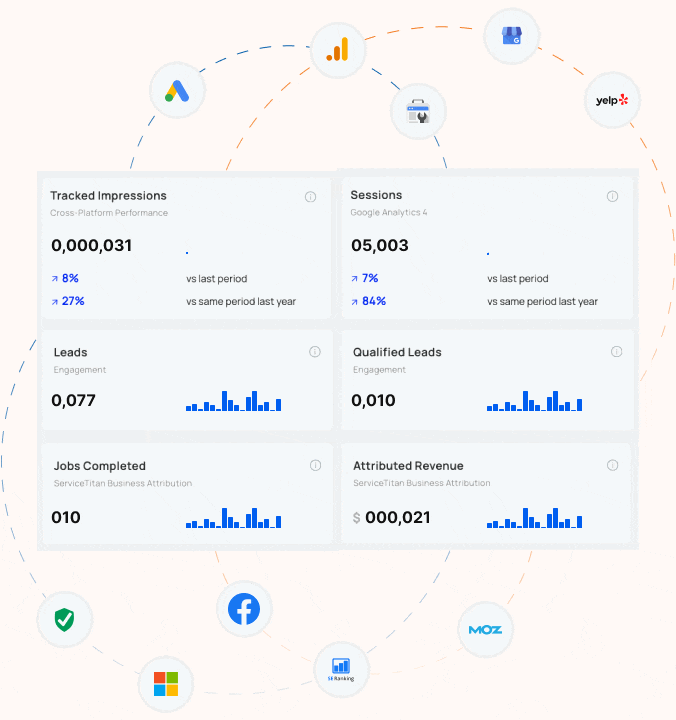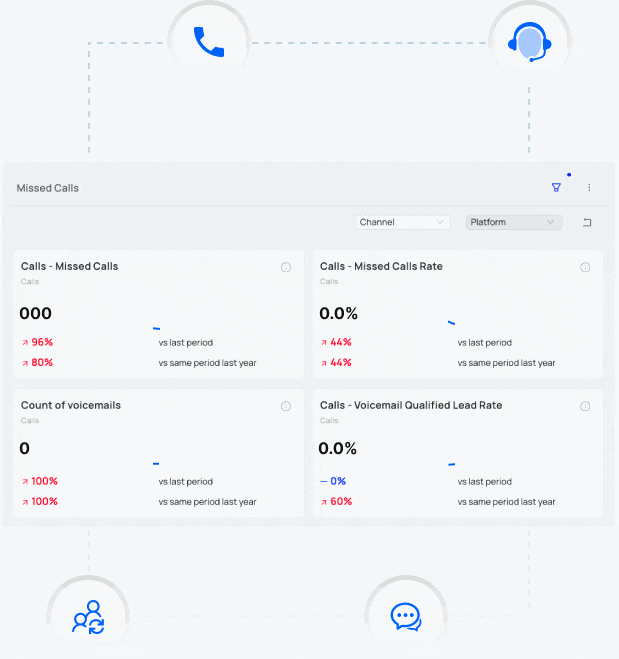Google first announced its decision to phase out third-party cookies in Chrome in 2020, however, the depreciation was delayed several times. Now, Google has pushed it to 2025.
The digital marketing landscape is on the brink of a significant transformation. As we approach 2025, the degradation of third-party cookies looms large, presenting both challenges and opportunities for local businesses that advertise on Google. But what exactly is third-party cookie degradation, and why should you be concerned?
First-Party vs. Third-Party Cookies: A Brief Overview
The phase-out of third-party cookies means advertisers will lose a crucial tool for tracking users across different websites and devices. This change is significant for several reasons:
- Data Loss and Conversion Tracking: Google has highlighted that without third-party cookies, advertisers could lose the ability to capture over 30% of conversions. This data loss can significantly impact marketing strategies and performance measurement.
- Algorithm Performance: Advertising algorithms rely heavily on the extensive data provided by third-party cookies. With reduced data input, these algorithms may become less effective, leading to lower-quality insights and potentially less efficient ad spend.
- User Privacy and Trust: The move toward phasing out third-party cookies is driven by increasing concerns over user privacy. While this shift aims to protect users, it also requires advertisers to adapt and find new ways to maintain the same level of personalization and effectiveness without infringing on privacy.
The Impact of Third-Party Cookie Degradation
Google first announced its decision to phase out third-party cookies in Chrome in 2020, however, the depreciation was delayed several times. Now, Google has pushed it to 2025.
The digital marketing landscape is on the brink of a significant transformation. As we approach 2025, the degradation of third-party cookies looms large, presenting both challenges and opportunities for local businesses that advertise on Google. But what exactly is third-party cookie degradation, and why should you be concerned?
Why Advertisers Need To Act Now
Ignoring the impending degradation of third-party cookies is not an option for advertisers who want to maintain their competitive edge. Here are some critical reasons why action is necessary:
- Preserving Conversion Data: To avoid losing crucial conversion data, advertisers must explore alternative tracking solutions. Enhanced conversion tracking provided by platforms like Google, Microsoft, and Meta can help bridge the gap left by third-party cookies.
- Optimizing Ad Spend: With less data, ad spend may become less efficient. Adapting to new tracking methodologies ensures that advertising budgets are used effectively, maintaining ROI and campaign performance.
- Maintaining User Experience: Personalized advertising enhances user experience by delivering relevant content. Without third-party cookies, advertisers need to leverage first-party data and other tools to continue providing personalized experiences.
- Staying Ahead of the Curve: The digital advertising landscape is constantly evolving. Proactively addressing third-party cookie degradation positions advertisers to lead in the new privacy-centric environment rather than scrambling to catch up.
The Future of Advertising
The shift away from third-party cookies signifies a pivotal moment in digital advertising. It challenges advertisers to innovate and adopt new technologies and strategies that respect user privacy while still delivering effective, data-driven campaigns.
As we approach this new era, staying informed and prepared is crucial. Embracing enhanced conversion tracking and other advanced solutions will help ensure that advertisers not only survive but thrive in a post-third-party cookie world.
In conclusion, the degradation of third-party cookies is a complex issue that requires immediate attention and action. By understanding the implications and proactively adapting to new tracking methodologies, advertisers can continue to deliver powerful, personalized advertising experiences and maintain their competitive edge in an ever-changing digital landscape.
FAQ: Understanding Third-Party Cookie Degradation
WHAT ARE COOKIES, AND WHY ARE THEY IMPORTANT FOR DIGITAL MARKETING?
Cookies are small data files stored on users’ devices to enhance their browsing experience. They are essential for digital marketing because they help track user behavior, remember preferences, and provide personalized experiences. There are two main types: first-party cookies, which are set by the website a user is visiting, and third-party cookies, which are set by domains other than the one the user is visiting.
WHAT IS THE DIFFERENCE BETWEEN FIRST-PARTY AND THIRD-PARTY COOKIES?
- First-Party Cookies: These are created and stored by the website the user is directly interacting with. They track user behavior within a single domain, such as remembering login information and user preferences.
- Third-Party Cookies: These are set by domains other than the one the user is visiting. They track user behavior across multiple domains and devices, providing a broader view of user activity for advertisers.
WHAT IS THIRD-PARTY COOKIE DEGRADATION?
WHY IS THIRD-PARTY COOKIE DEGRADATION HAPPENING?
The degradation is primarily due to growing privacy concerns among users and regulatory bodies. Users are becoming more aware of how their data is being tracked and used, leading to a demand for greater privacy and control over personal information. Browsers and tech companies are responding by limiting the use of third-party cookies.
HOW WILL THIRD-PARTY COOKIE DEGRADATION AFFECT ADVERTISERS?
- Loss of Conversion Data: Without third-party cookies, advertisers may lose the ability to capture over 30% of conversions, impacting the measurement of campaign performance.
- Reduced Algorithm Effectiveness: Advertising algorithms that rely on extensive data from third-party cookies may become less effective, leading to less accurate targeting and optimization.
- Need for Alternative Tracking Solutions: Advertisers will need to adopt new tracking methodologies to maintain data-driven insights and campaign efficiency.
WHY SHOULD YOU CARE ABOUT THIRD-PARTY COOKIE DEGRADATION?
Third-party cookies have been a cornerstone of digital advertising, providing critical data for tracking user behavior, measuring conversions, and optimizing ad spend. Without them, there is a risk of losing significant insights and data accuracy, which can negatively impact marketing strategies and ROI.
WHAT SOLUTIONS ARE AVAILABLE TO ADDRESS THIRD-PARTY COOKIE DEGRADATION?
To bridge the gap left by the absence of third-party cookies, we are leveraging enhanced tracking solutions provided by major ad platforms, including:
- Google’s Enhanced Conversions
- Microsoft’s Enhanced Conversions
- Meta’s Conversions API (CAPI)
These solutions help maintain accurate conversion tracking and data integrity by utilizing first-party data and other innovative tracking methods.


